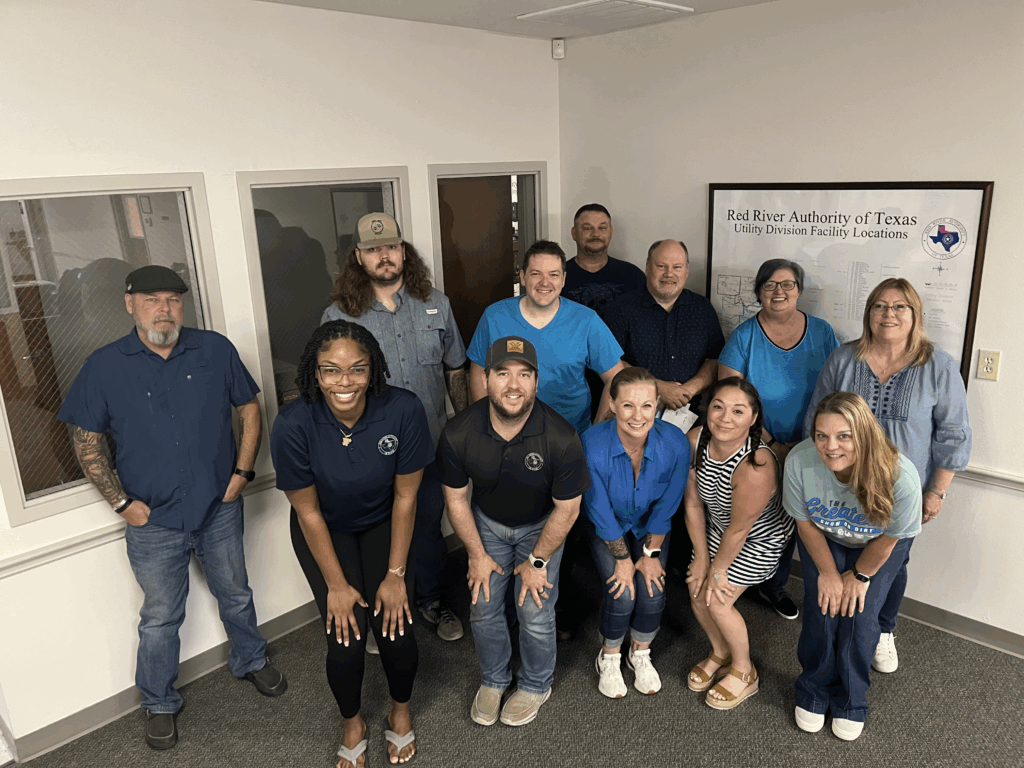Rra Employment benefits
join or team
- Medical, Dental, & Vision Insurance
- Full-time employees become eligible for health and dental insurance on the first day of the month after completing a 60-day waiting period.
- Dependent coverage may be purchased through the benefits plan with pre-tax payroll deductions.
- Full-time employees become eligible for health and dental insurance on the first day of the month after completing a 60-day waiting period.
- Full-time employees may purchase vision insurance for themselves and their dependents through the benefits plan with pre-tax payroll deductions. It is effective on the first day of the month following the successful completion of a 60-day waiting period.
- The Authority provides supplemental benefit plans through Colonial Life and Aflac. Employees are responsible for the full cost of the premiums associated with these plans.
- Retirement Plans
- The Authority is a participant in the Texas County & District Retirement System (TCDRS). Full time employees are automatically enrolled in the plan from their first day of employment and contribute 7% of their gross pay to their TCDRS account each pay period. Accounts earn a guaranteed 7% interest, which is credited on December 31 each year, based on the starting balance. Upon vesting, the Authority will match the employee’s contributions at a rate of 1.8 to 1 when they retire.
Employees with prior service in any of the following retirement plans may be eligible to receive service credit toward vesting:
- Employees Retirement System of Texas
- Teacher Retirement System of Texas
- Judicial Retirement System of Texas
- Texas Municipal Retirement System
- City of Austin Employees’ Retirement System
Military service of up to five years can be counted towards meeting the retirement eligibility requirement once the employee is vested in our plan. This service time does not increase the employee’s retirement benefit or allow for additional contributions to their TCDRS account. It simply enables the employee to qualify for retirement sooner.
- Full-time employees can begin participating in the 457 deferred compensation program at the start of their employment. This plan allows employees to save for retirement by deferring a portion of their income, with taxes paid upon distribution. There are no penalties for early withdrawals. Employees have control over their investment choices, and if they leave the organization, they have several options for handling the funds.
- Time-Off
- Holidays – Full-time employees are eligible for 13 paid holidays each fiscal year.
- Vacation – Full-time employees shall accrue paid vacation leave at the rate of one day per month (8 hours) for each month of active employment up to a maximum of 12 days (96 hours) per calendar year.
- Standard Sick Leave – Full-time employees shall be provided paid sick leave at the rate of one day (8 hours) per month for each month of active employment up to a maximum of 90 days total.
- Catastrophic Sick Leave Pool (CSLP) – The Authority provides CSLP to benefit employees who may suffer a catastrophic injury or illness. A qualified applicant may be issued an amount equal to one day per month of active employment up to a maximum of one-third of the total amount in the pool or 90 days, whichever is less.
- Emergency Leave – In cases of death in the immediate family of a regular employee, the employee may be granted a leave of absence with pay for a period not to exceed three working days.
- Compensatory Time – Compensatory time shall be granted to a non-exempt classified employee in lieu of actual payment for overtime worked at a rate of 1 ½ hours for each hour actually worked over 40 hours.
- Personal Days – An employee that has completed five full years of employment will be issued one Personal Day (8 hours) for each five years of service completed, up to a maximum of eight Personal Days (64 hours), with 40 years of service.
- Education Assistance Programs
- The Education Assistance Program provides opportunities for employees who wish to further their education on a part-time basis while they work for the Authority and attend classes. The course or field of study must provide knowledge and skills for the employee that are beneficial to the Authority and relevant to the employee’s current position or to the future staffing requirements anticipated by the Authority subject to approval of the General Manager.





